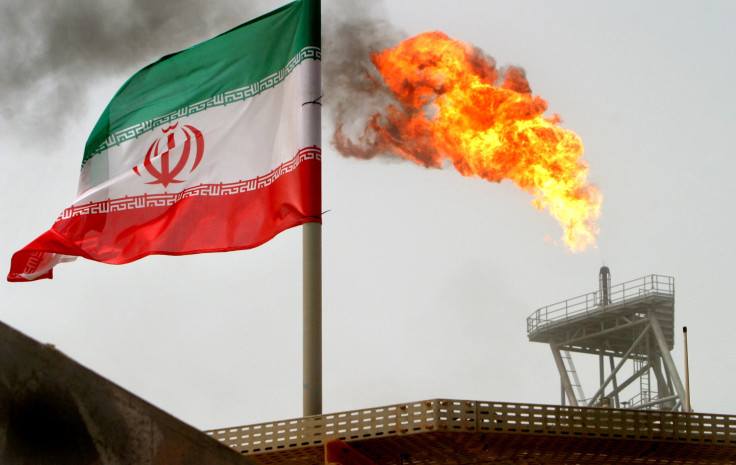Iran Won't Accept Changes To Nuclear Deal, Senior Lawmaker Says

Ali Motahari, the vice chairman of the Islamic Consultative Assembly of Iran, in his interview with Sputnik News, said Iran won’t accept a new nuclear agreement.
Motahari said Iran will not consider changes in The Joint Comprehensive Plan of Action (JCPOA), which is the agreement that determines Iran's nuclear activity.
"Iran considers the negotiation process to be completed and will not accept any changes or amendments to JCPOA or conclude a new agreement. It is not necessary. We are working exclusively on the basis of the JCPOA," he said.
Motahari also spoke about collaboration of Iranian and European companies if the U.S. exits the Iranian deal.
"Of course, this problem involves countries whose residents these companies are — how much those countries will support their companies so that they can overcome damages that could be inflicted by American sanctions," Motahari said underscoring Iran's readiness to increase cooperation with European companies.
"Maybe, they will be able to compensate this damage as European countries did, for example, in 1996, acting against U.S. sanctions on Cuba,” he added.
"Iran, of course, is ready for cooperation. Maybe, certain privileges would be implemented to motivate the companies to sign agreements. But in general, the companies should be supported by their nations," Motahari said.
He evaluated Kazakhstan’s actions, who offered its ports on the Caspian Sea to the United States to transit military cargo to Afghanistan.
“The countries of the region should solve the problems of the Caucasus and the Middle East themselves and they should also oppose foreign forces being located there. Kazakhstan acted badly by making this step,” he said while condemning the act.
Reza Najafi, Iran’s envoy to the UN said on Wednesday the country would not cooperate fully with nuclear inspectors, until the future of the deal was resolved, while inaugurating the new nuclear enrichment facility at Natanz, reported the Times of Israel.
Iran is ready to produce centrifuges that will remain within the limits of the 2015 nuclear agreement with world powers.
“No one should expect Iran to go to implement more voluntary measures,” he said signaling that international inspectors would not receive access to its facilities while the deal remained uncertain.
“But I should emphasize that it does not mean that right now Iran will restart any activities contrary to the (deal),” he added.
Ali Akbar Salehi, the director of Iran’s Atomic Energy Organization said on Tuesday the country began work on infrastructure to build centrifuges at the Natanz site.
#Iran’s Salehi: We will have three nuclear plants in next 7 or years. A plant needs 190k SWUs enrichment for production of 30 tones of fuel... #Natanz has room for 48K machines. Depending on the machine the SWU can increase. We have prepared electricity for a million SWU here. pic.twitter.com/DQNk1xvjdC
— Abas Aslani (@AbasAslani) June 6, 2018
On May 8, President Donald Trump announced America’s exit from the Iran nuclear deal and said the deal only delayed the country from acquiring a nuclear bomb.
"There has been enough suffering, death and destruction, let it end now," Trump said, declaring Iran "a regime of great terror," Al Jazeera reported.
Trump also decided to restore sanctions on Iran, including secondary sanctions against financial institutions of third countries doing business with Tehran.
© Copyright IBTimes 2024. All rights reserved.





















